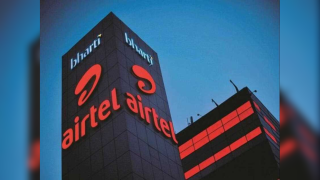These Douglas Adams-like words of comfort are directed at organisations’ IT directors and other senior executives who are worried that the imminent arrival of quantum computers will mean their secrets are open to anyone with the right technology.
Organisations can manage the upgrade to the quantum era as part of a lifecycle change or as part of a crisis, Mosca said in an interview on Taking the Quantum Leap: how quantum technology is set to transform long distance communications.
“There is no need to panic. We’re not ready to say that,” added Mosca, who co-founded the Institute of Quantum Computing at the University of Waterloo in Canada almost two decades ago.
Now also CEO of evolutionQ, which he co-founded in 2015, Mosca nevertheless said that the introduction of quantum technology “will be massively disruptive to public key cryptography”. PKC is at the heart of the maths that protects internet transactions.
Speaking in the Capacity Europe panel to Frank Rayal, founding partner of Xona Partners in Toronto, Mosca said: “We can build a quantum-safe internet. We’re moving in that direction.”
Quantum key distribution (QKD) will be “a wonderful new addition” to communications, “but it requires modifications to our networks”.
He said it will take “10 to 20 years” for network operators to upgrade “the fundamental plumbing”. If they do it too fast, they might introduce “security vulnerabilities that hackers will penetrate”.
But, despite telling listeners not to panic and to plan to manage the introduction of quantum technology as part of their normal software lifecycle, he was clear in saying: “It’s a long lifecycle. You need to start early.”
The process will be complex, with point-to-point links quantum-secured first. Attempts to include repeaters in longer links will create vulnerabilities: “If you look at it, it’s not secret.” But operators are “ready to go” with quantum-secure point-to-point links, he said.
The panel Taking the Quantum Leap: how quantum technology is set to transform long distance comms, takes place on 21 October from 10:30.






